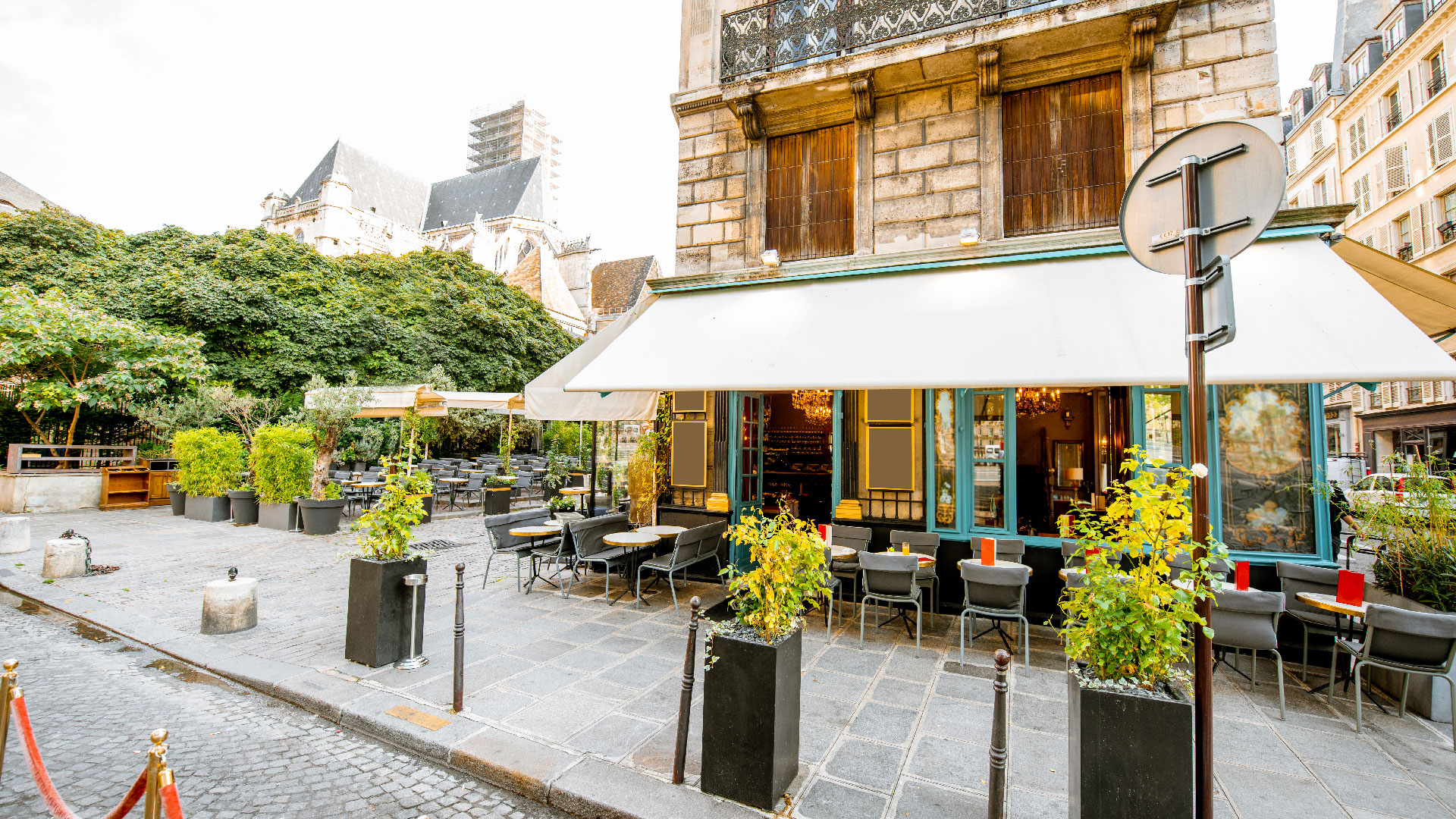
Interning In France
- Navigating Your Way
Culture & Heritage
Food: France is renowned for its culinary traditions, from flaky croissants to sophisticated dishes like escargot and foie gras. Every region has its unique flavors—try a crêpe in Brittany, or a bouillabaisse in Marseille. The French take mealtimes seriously, often dedicating hours to lunch and dinner.
People’s Nature: French people are formal in professional settings, but friendly and welcoming once you build rapport. They appreciate politeness and are big on greetings like “Bonjour” before any interaction.
Social Lifestyle: France has a rich social lifestyle influenced by art, history, and gastronomy. Weekends are spent in cafés, art galleries, or the countryside. There’s a noticeable class distinction, but common cultural practices like celebrating Bastille Day or enjoying a local wine festival bring everyone together.
Work-life balance: France values a healthy work-life balance. You’ll find most businesses closed on Sundays, and there’s a strong focus on taking time to enjoy life outside of work.
Did You Know:
In 2023, approximately 324,000 people migrated to France, with a notable portion arriving for work-related reasons.
In 2022, France was ranked 28th globally on the Global Ease of Living Index, making it a comfortable and appealing destination for expats and international workers.
Fun Fact:
France has over 365 types of cheese—one for every day of the year!
Tip:
Take time to explore France’s vibrant regional diversity, from the vineyards of Bordeaux to the lavender fields of Provence.
Living & Working France - Costs & Systems
Cost of Living
Living costs in France vary depending on the city or region where you’re staying. Here’s a breakdown of average monthly expenses for four weeks:
Rent:
Paris: €700-1,200
Lyon/Marseille: €500-800
Smaller towns: €300-600
Food:
€200-400 (Eating out at restaurants and cafés can add to your budget, but cooking at home is much cheaper.)
Public Transportation:
€70-100 for a monthly metro/bus pass.
Entertainment & Leisure:
€100-200 (museums, cinema, etc.)
Total:
~€1,200-1,500 per month
Work Culture
Professionalism:
French work culture values professionalism and respect for hierarchy. Address your colleagues with “Monsieur” or “Madame” until you’re invited to use their first name.
Work Hours & Breaks:
France maintains a 35-hour workweek, and overtime is typically compensated with extra time off. Many businesses close for two hours at lunchtime, especially in smaller towns.
Work-Life Balance:
The French prioritize maintaining a work-life balance. Paid vacation is generous, and taking extended time off is common.
Dress Code:
Business casual is the norm, but in industries like fashion or hospitality, a more formal dress code may apply.
Cultural Expectations:
Avoid interrupting a superior, and remember that punctuality is important.
Work Conditions
Accommodation:
Most internships do provide accommodation. However, it may depend upon your host, hence options such as student residences, shared apartments, or homestays are common and affordable, especially with the help of CAF (housing aid).
Meals:
Some internships include meal vouchers or access to subsidized workplace cafeterias, especially for larger companies. Otherwise, interns should budget for meals.
Stipend:
Most internships lasting longer than two months are legally required to offer a stipend, typically between €669.9 – €900 per month.
Air Ticket:
Most companies do not cover airfare, so interns are responsible for purchasing their own flight tickets to France.
TIPS For Living & Working In France

- If you’re not getting accommodation, consider using platforms like “La Carte des Colocs” for shared housing options.
- If you’re under 27, you can apply for discounted SNCF train tickets and enjoy cheaper travel around France and Europe.
- Try cooking at home to save on food expenses, and explore local markets for fresh produce and regional specialties.
- Always greet everyone in the room with “Bonjour” when you arrive at work—it’s considered rude not to.
- Apply for your Assurance Maladie health card (Carte Vitale) as soon as you arrive to benefit from healthcare reimbursements (60-70% of health expenses).
- French workplaces often value independence, so showing initiative is appreciated. At the same time, respect for the company hierarchy is essential.
- Avoid discussing money or personal finances openly.
- Take a French language class before starting your internship to feel more confident navigating everyday life in France.
Get Started
We’re excited to help you get started! Register now and gain access to personalized one-on-one guidance, tailored internships, and study programs that fit your ambitions.
